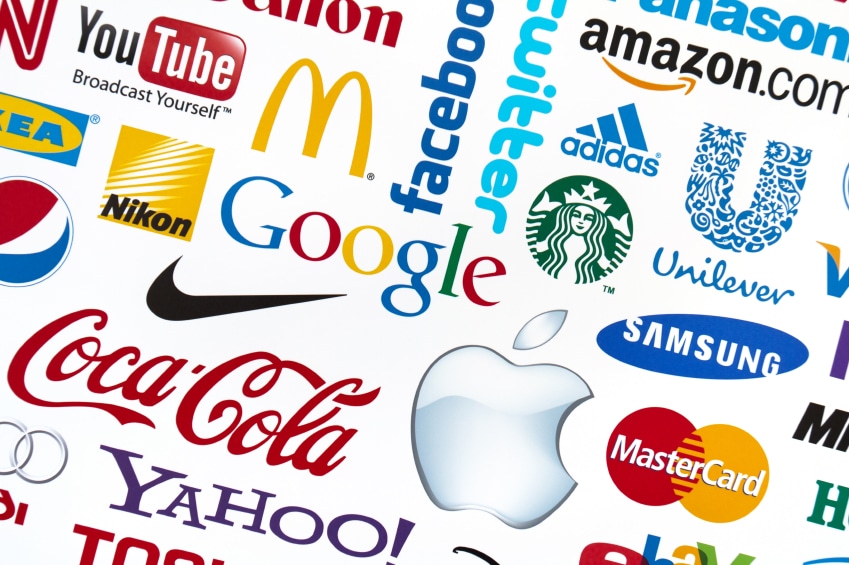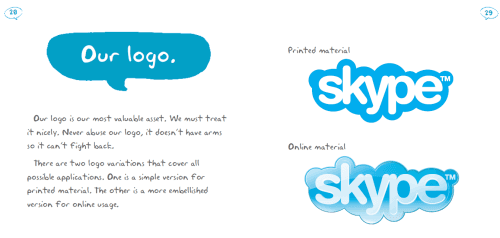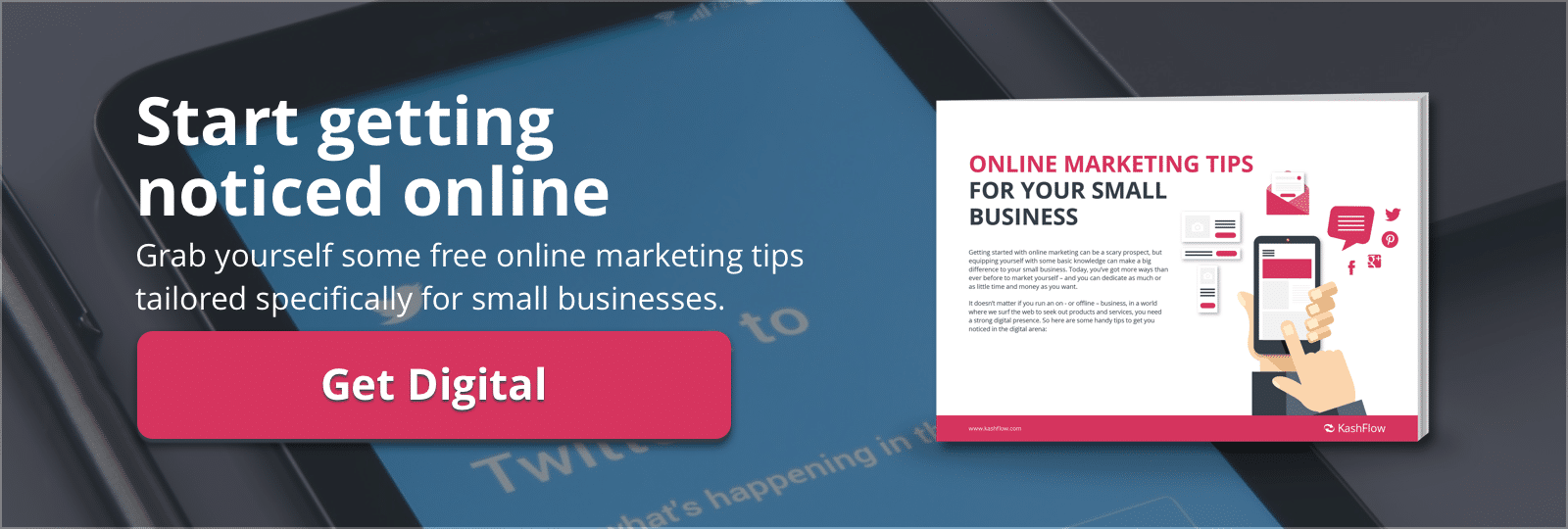The Importance of Brand Awareness
To a small business, building brand awareness can seem like a big task. A brand, and knowing how to make it grow, can seem like an intangible thing to grasp.
Companies like Pepsi or Microsoft can maintain the recognition and awareness of their brand with big outlays on advertising campaigns across all formats. They can use advertising and marketing companies for the maintenance of their image. Small businesses do not have access to such luxuries. However, that does not mean that a small business cannot create and grow brand awareness.
There is no magic set of rules or a formula that you can use to do this, but there are certain steps that you can be aware of that will make your brand recognisable and healthy.
First Steps
Define your brand identity: your name, logo, colour scheme, slogan etc. All are massively important to nail down.
Think of a core idea that the business will embody, for example: ‘reliability’. Then proceed to base your identity and branding around that.
Defining these elements will the business to develop a cohesive identity.
Make your identity and branding consistent across all platforms – social networks, business literature and so forth.
The brand is what gives life and personality to your company, and this will be the first contact point for most potential customers. Therefore, your brand has to be likeable, engaging, interesting, and many other things beside.
Consistency of image and message are central to creating affinity with your business.
The Identity of the Brand
More than just an identifiable logo or name, brand awareness is also a business’s overall identity. Business performance is more important than a great logo, as it feeds into how people perceive your brand.
One of the main things a small business has control over is the work that it does.
Add to the brand through building a great reputation.
As a small business, you may not have the power of an instantly recognisable logo to call upon to create business. It’s through hard work, and building a reputation, that the business can create brand awareness and recognition. How employees deal with customers ‘before, during and after’ contributes to awareness of your business. The traits that the business and the staff show are the face of the business. Best of all, instilling good practice doesn’t cost a thing! Better still, the resulting positive word of mouth will help to build the brand. As much as a business needs a logo, it needs to have a good product and good service.
Differentiating your business from others in the field can also be a headache. No matter how niche the market you are in, there is always likely to be another business that offers a similar service at similar prices.
Advertise what makes the business unique, special or better than the competition.
Demonstrate the business’s experience in the field, the unique product or what sets its service apart – always be showing how the business is different from others in the sector.
You must examine your business, find what makes it special in this way and then exploit that.
Getting out There
As you can interact with people so closely and quickly, Facebook and Twitter are a great medium to create and display the personality of your business. A report by marketing firm Mr Youth showed that 66 percent of social media users aged 18 -21 would look up a business after seeing a friend check in. The same report showed that 71 percent have ‘liked’ a brand on Facebook in order to receive an offer.
Facebook and Twitter are perfect places to promote a brand, as they are the most powerful social media sites.
If you interact with jovial, polite and professional interactions with those on your profile, then your brand will become those things in the minds of customers.
The manner in which you respond to questions and feedback – both positive and negative, will create the living, breathing face of your company.
As well as using social media to gain exposure, it is possible to utilise the massive numbers of users on Facebook in another way. By paying to advertise on Facebook, you can create tailor-made adverts that will target those most likely to find your business relevant. Research by social media analysis site digital-fingerprint showed that more than half of UK pensioners are now on Facebook; 37.4 million UK adults use Facebook regularly and 32.1 million use YouTube regularly, whilst 95 percent of 18-24 year olds are on Facebook. This demonstrates the breadth of markets available on the platforms.
You can also define the location, so you can advertise to potential customers in the local area.
You can schedule the ad campaign for however long you like, depending on your budget. You can run multiple adverts at once, tracking the results of each one, which will allow you to find the brand identity that people seem to find the most appealing.
Real time results like this, and such a massive catchment area of users, make Facebook something that can be used to great effect by small businesses as well as big businesses.
Link It All Together
A blog featured on the business’s main site is great. Be sure to link to all of your social media, as this is a great way to have a stream of fresh content suited to your audience.
Articles surrounding the trade, articles, shared videos etc all go towards creating a lively, involved aura around the business.
Good blog content will also help your business site with its Search Engine Optimisation (SEO).
With the right content and keywords, a blog will only help your page rank and, again, gain more recognition for your brand. View your blog, like your social media presences, with the long game in mind. Many organisations, such as Google offer good advice on how to best pursue an effective strategy.
Brand awareness can be a tricky beast to get a hold on. Nevertheless, once armed with the above techniques and suggestions, the effects of a strong brand on your business will become clear. If you bear in mind that the ideals of your business – how well you treat your customers, the values that your business embodies etc – are your main selling point, the rest of your brand identity will quickly form around that!
Keep reading:
Brand awareness is an essential part of a small business’s success story, but getting your business online can be tricky. That’s why we’ve written this free guide to online marketing, which covers everything from the social channels you should be using to what you need to ask your web designers for. Download your free guide to online marketing now.




